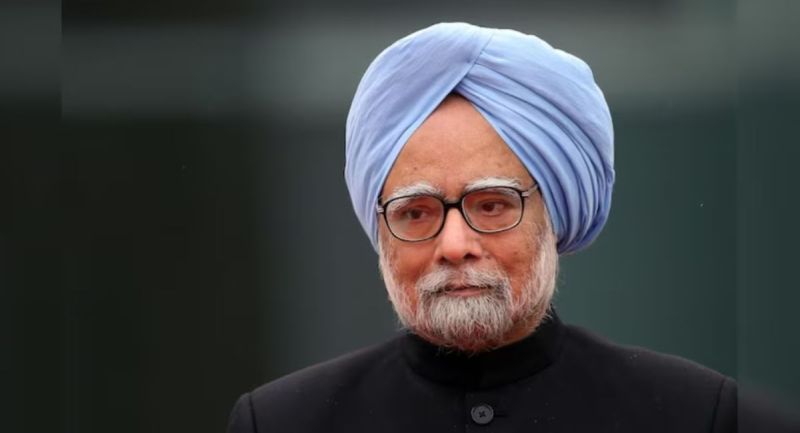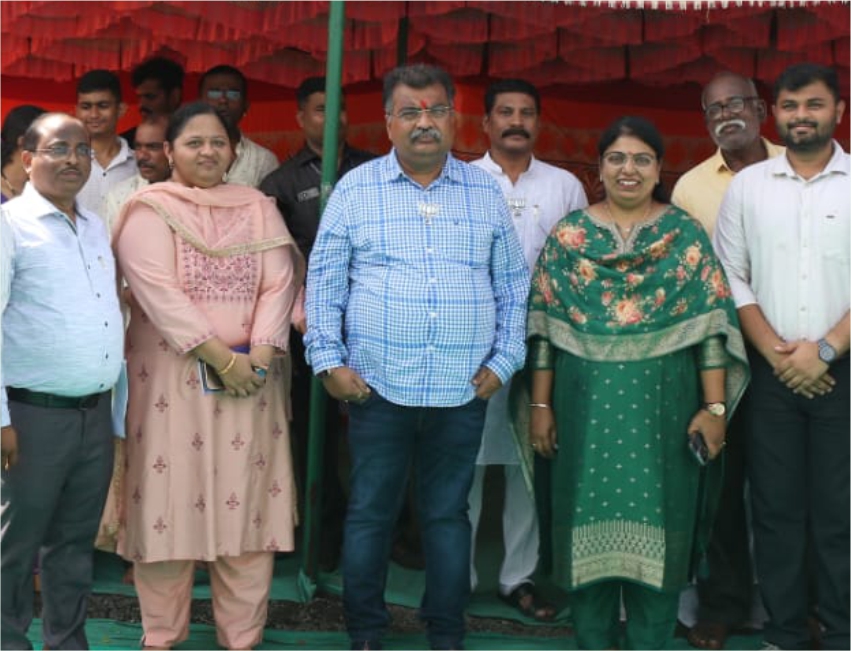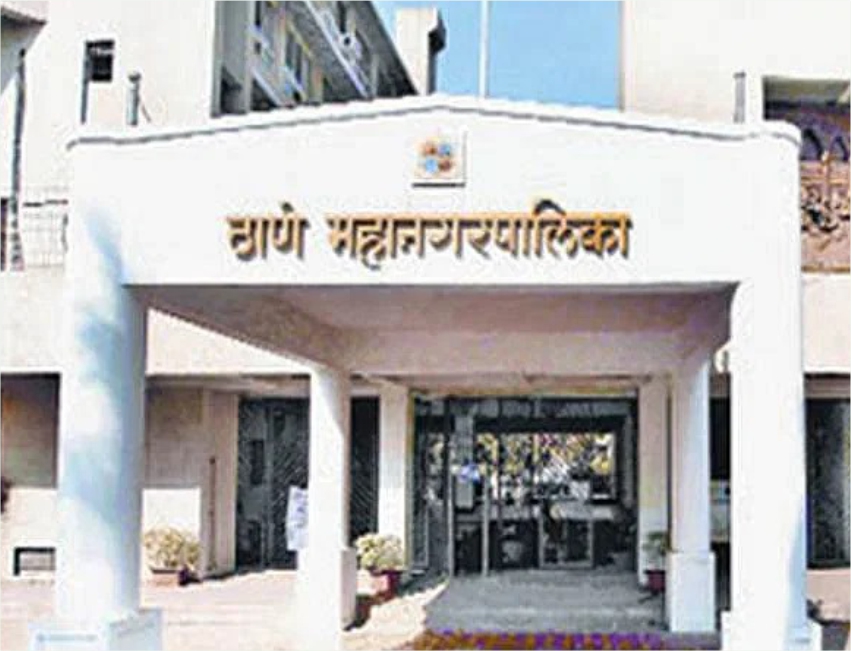The Legacy of Dr. Manmohan Singh: A Statesman Beyond Politics

- Varda Sharma
- 27 Dec, 2024
India mourns the loss of one of its most distinguished leaders, Dr. Manmohan Singh, who passed away at the age of 92 at Delhi’s AIIMS hospital. A statesman par excellence, Dr. Singh leaves behind a legacy that transcends politics and economics, embodying the values of humility, integrity, and dedication to the nation. His tenure as Prime Minister from 2004 to 2014 marked a pivotal period in India’s modern history, shaping the country’s economic landscape and its role on the global stage.
Dr. Singh was not just a politician; he was an economist of extraordinary repute, whose intellect and vision redefined India’s economic trajectory. Born in Gah, now in Pakistan, in 1932, his journey from a modest upbringing to becoming India’s 14th Prime Minister is a testament to his perseverance and brilliance. A scholar at heart, Dr. Singh’s academic pursuits took him to the University of Cambridge and later to Oxford, where he honed his expertise in economics. This foundation became instrumental in his role as the architect of India’s economic reforms in the early 1990s.
As the Finance Minister in P.V. Narasimha Rao’s government, Dr. Singh spearheaded transformative changes that pulled India out of a severe economic crisis. The liberalization of the Indian economy in 1991, which opened doors to foreign investment and privatization, was a bold and, at the time, controversial move. However, it set the stage for India’s rapid economic growth in subsequent decades. Dr. Singh’s policies not only averted a financial collapse but also laid the groundwork for the rise of India as a global economic power.
When he assumed the office of Prime Minister in 2004, Dr. Singh faced the daunting task of leading a coalition government under the Congress-led United Progressive Alliance (UPA). His decade-long leadership saw India navigate through periods of significant economic growth as well as global challenges. The UPA government’s flagship programs, such as the Mahatma Gandhi National Rural Employment Guarantee Act (MGNREGA) and the Right to Information Act, underscored his commitment to inclusive development and transparency. These initiatives had a profound impact on millions of lives, addressing issues of poverty and governance.
Internationally, Dr. Singh’s tenure bolstered India’s standing on the world stage. His focus on strengthening relations with major powers, particularly the United States, culminated in the landmark Indo-U.S. Civil Nuclear Agreement in 2008. This agreement not only underscored India’s growing clout but also addressed its critical energy needs. Dr. Singh’s approach to diplomacy was marked by pragmatism and foresight, always putting India’s interests at the forefront.
Despite his towering achievements, Dr. Singh’s time in office was not without challenges. The latter years of his second term were marred by allegations of corruption against members of his government and criticisms of policy paralysis. Yet, even his critics acknowledged his personal integrity and the respect he commanded across political lines. His demeanour—calm, composed, and devoid of theatrics—was a refreshing contrast in an often turbulent political arena.
Dr. Singh’s passing has evoked a wave of tributes from across the political spectrum. Prime Minister Narendra Modi remembered him as one of India’s most distinguished leaders, while Congress MP Rahul Gandhi called him a mentor and guide. These acknowledgments reflect the deep respect he garnered not just as a leader but as a human being. Dr. Singh’s humility, even in the face of great power, was a rare quality that endeared him to colleagues and citizens alike.
In his later years, Dr. Singh’s health had become frail, but his contributions to public discourse remained invaluable. He often spoke with clarity and precision on issues of national importance, offering insights rooted in his vast experience. His voice, though soft-spoken, carried the weight of wisdom and conviction.
As India bids farewell to Dr. Manmohan Singh, it is essential to remember his life’s work as more than just a series of political and economic milestones. He embodied the ideals of service and scholarship, demonstrating that leadership is not about rhetoric but about results. His legacy will inspire future generations to approach governance with a sense of responsibility and a commitment to the greater good.
Dr. Singh’s journey from a small village in Punjab to the corridors of power in Delhi is a story of hope and aspiration. It reminds us of the potential of education and perseverance to transform lives and nations. As we reflect on his contributions, we must also carry forward his vision of an India that is economically robust, socially inclusive, and globally respected.
In his own words, “India’s best days are yet to come.” As we mourn his loss, let us honour his belief in the promise of this nation and strive to build the India he envisioned.




